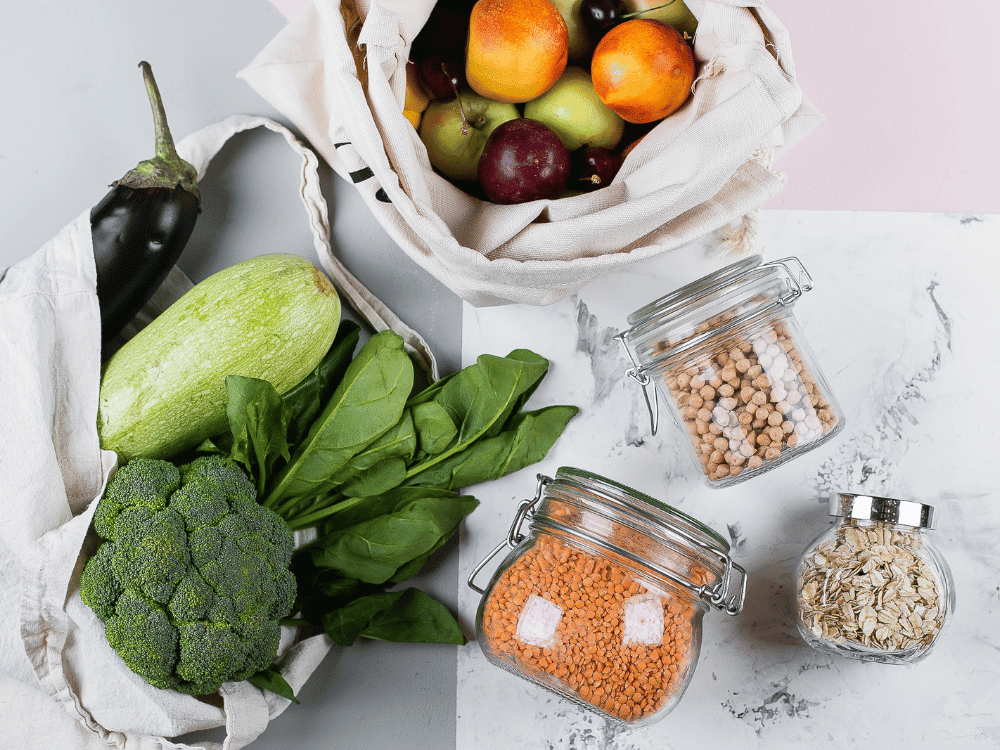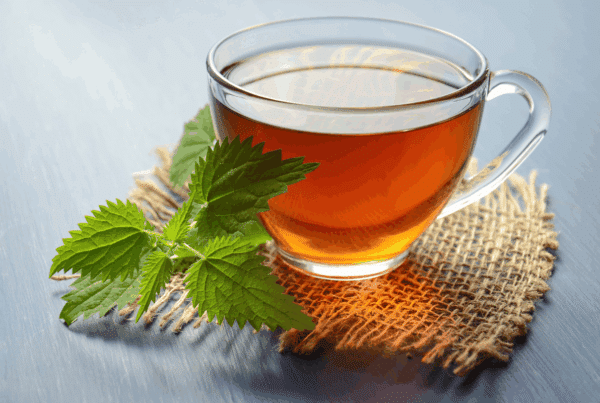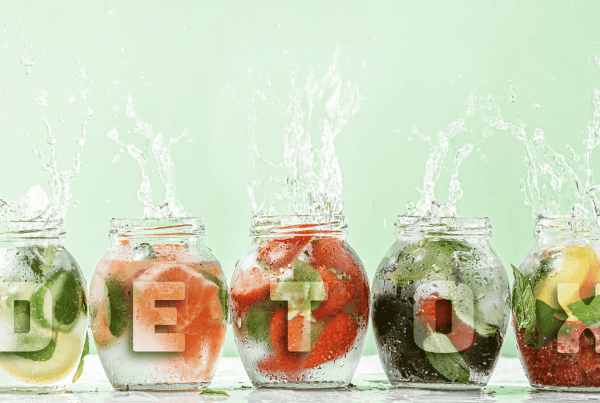Each of us is aware of the importance of a healthy diet, but many of us are not sure how to start. I myself was overwhelmed with information about what was healthy and what wasn't until I decided to go organic. Eating organic means eating food that has been produced without the use of synthetic pesticides, herbicides, genetically modified organisms (GMOs), growth hormones or antibiotics.
Although I was skeptical at first, I decided to give myself a chance and try it. At first it was difficult for me to distinguish between organic and non-organic food, but over time I learned to read labels and understand what they mean.
Through my personal experience, I realized that organic food is not just another passing trend and that my previous diet was really not good for my body.
In this text, I will share my experience of switching to an organic diet and some useful tips for anyone who wants to switch to a primarily organic diet.
Why organic food?
Organic food refers to the consumption of foods that have been produced without the use of synthetic pesticides, herbicides, fungicides, genetically modified organisms (GMOs), synthetic hormones or antibiotics. There are many benefits of organic food compared to a conventional diet. Here are some reasons why one might choose an organic diet:
Nutrient content
Some research suggests that organic foods may contain more nutrients, including vitamins, minerals and antioxidants. This, however, may vary between different foods and studies.
Lower pesticide content
Organic food is produced without the use of synthetic pesticides, which means it is likely to have lower levels of pesticide residues. Although pesticide residues in conventionally produced foods usually do not exceed legal limits, some people choose organic foods to further reduce pesticide exposure. No matter how well we wash the fruits and vegetables we eat, there is always at least a small part of the pesticides that were used absorbed into the fruit.
Animal welfare
Organic standards usually require better conditions for the animals, including access to open space, natural diets and bans on the use of antibiotics and growth hormones. Banning the use of antibiotics and growth hormones in animal farming is a very important matter, especially for the meat our children consume. There are a number of cases where children develop immunity to antibiotics or have hormonal changes due to growth hormones.
Environmental protection
Organic farming often uses practices that are better for the environment, including crop rotation, water conservation, and reducing soil erosion. This can help preserve soil health and reduce water pollution.
Avoiding GMOs
Organic food is produced without the use of genetically modified organisms (GMOs). Although GMO does not necessarily mean in all cases, especially in the case of fruits and vegetables, that the food is of poor quality or bad, unfortunately it often is.
Taste
Some people find that organic food tastes better compared to conventionally produced food. I definitely belong to that group of people. The best example that supports this claim is the tomato. I loved tomatoes when I was little, but over the past 15 years I've noticed that tomatoes just don't taste as good as they used to. When I went organic, I was sure I was right about the taste of tomatoes, even though many people convinced me otherwise.
It is important to note that the consumption of organic food is not necessary to maintain a healthy diet. Conventionally produced food can also be nutritionally rich and safe for consumption. Choosing to eat organic is a personal decision that can depend on a variety of factors, including personal values, budget and availability.

How to switch to an organic diet?
Switching to an organic diet can be challenging, but it's not impossible. Here are some tips to help you in this process:
Get informed: First, it's good to understand what "organic" means and what the pros and cons of an organic diet are.
Set realistic goals: You don't have to go all organic all at once. You can start with a few key foods, such as fruits and vegetables that tend to contain more pesticide residues, or meat and dairy products.
Adjust your budget: Organic food can be more expensive than conventionally produced food. Adjust your budget and determine how much you can spend on organic food.
Find local sources: Local shops and markets can be good sources of organic food.
Read the labels: Not all organic labels are the same. Familiarize yourself with the different labels and standards for organic food.
Start cooking at home: Preparing meals at home allows you to control the ingredients and avoid the hidden additives that can be found in processed foods.
Adjust your shopping habits: Planning your meals and making a shopping list can help you stay on budget and avoid impulse buying.
Be flexible: You don't have to eat 100% organic food to benefit. Even small changes, such as including more organic fruits and vegetables, can be beneficial.
Think about your priorities: If you can't afford to go organic, consider prioritizing foods that tend to contain more pesticides, such as strawberries, spinach, grapes, apples and tomatoes. Also, consider priorities based on your personal values, such as animal welfare or environmental protection.
Adjust your diet: You don't have to give up your favorite foods when you switch to an organic diet. Try adapting your favorite recipes using organic ingredients.

Challenges of switching to an organic diet and how to overcome them
Switching to an organic diet can present several challenges. Here are some common ones and tips on how to overcome them:
Price: Organic food is often more expensive than conventionally produced food. To overcome this challenge, you can adjust your budget, prioritize certain organic products, buy in bulk, or even consider growing some of your own food.
Availability: Organic food may be more difficult to find in some areas. If you can't find organic food in your local grocery store, you might want to consider ordering organic food on the Internet or production of own food.
Sustainability: For some people, it can be difficult to maintain a completely organic diet. If this is the case, try to set realistic goals and not put too much pressure on yourself. Even small changes, such as including more organic fruits and vegetables in your diet, can have a positive impact.
Social pressures: Social events and meals out can be a challenge when trying to maintain an organic diet. To overcome this challenge, you can try to find restaurants that offer organic options, offer to prepare a meal or bring a dish to social events, or be flexible with your diet when this is not possible.
Quality variability: The quality of organic food can vary between different producers and brands. To overcome this challenge, you can try to find manufacturers and brands that offer high-quality products and read the labels carefully.
Misconceptions: There are many misconceptions about organic food. For example, some people think that organic food is automatically healthier or that all organic food is produced without pesticides. Education about what "organic" actually means can help overcome this challenge.
It's important to remember that it's okay if you can't eat 100% organic food. By setting realistic goals, adjusting your habits and priorities, and being flexible, you can incorporate more organic foods into your diet in a way that is sustainable for you.
Health benefits of organic nutrition
Before switching to an organic diet, I suffered from several health problems, including digestive problems and lack of energy.
Since switching to an organic diet, I have felt a significant improvement in my health. Here are some health benefits of eating organic:
Better digestion
Organic food is rich in fiber which helps digestion.
Stronger immune system
Organic food is rich in vitamins, minerals and antioxidants that help strengthen the immune system.
Lower risk of chronic diseases
Eating organic foods can reduce the risk of chronic diseases such as cancer, diabetes and heart disease.
Better mental health
Some studies have shown that eating organic foods can help reduce symptoms of depression and anxiety.
Adapt your diet to your needs. You don't have to limit yourself to just vegetables and fruits. There is a wide variety of organic products, including meat, dairy and grains. Also, don't forget about nuts, seeds and legumes, as they are rich in nutrients.
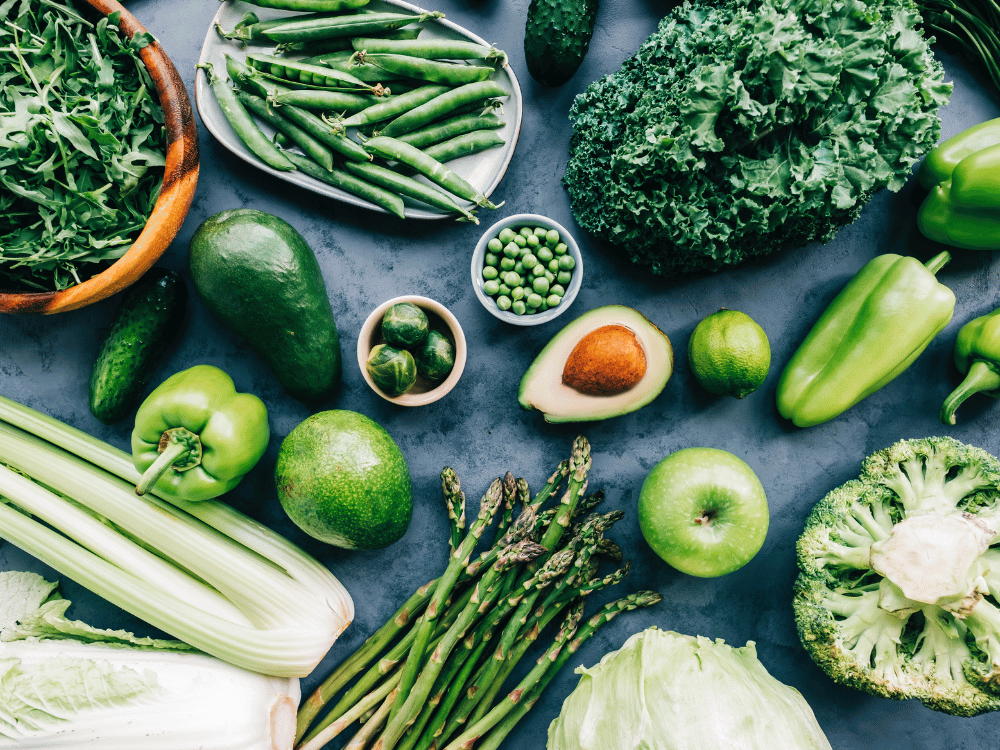
Organic products that you can include in your diet
Here are some organic products you can consider including in your diet:
Fruits and vegetables: These are some of the most important products you can buy organic, as conventional fruits and vegetables often contain high levels of pesticides.
Meat and dairy products: Organic meat and dairy products are produced without the use of antibiotics and growth hormones. Also, organic standards usually require better conditions for the animals.
Eggs: Organic eggs usually come from hens that are fed organic food and have access to free range.
Cereals and legumes: Organic grains and legumes are produced without the use of synthetic pesticides and GMOs.
Nuts and seeds: These are some other products that often contain pesticides, so it may be better to choose organic varieties.
Oils: Organic oils, such as olive oil, coconut oil or sunflower oil, are produced without the use of chemicals and GMOs.
Sweets: If you want to consume sweets, you can look for organic varieties that use organic sugar, honey, maple syrup or other sweeteners.
Drinks: Organic teas, coffees, juices or wines may be better choices if you want to reduce your exposure to pesticides and other chemicals.
Spices: Although usually used in smaller quantities, spices can also contain pesticides, so it may be better to choose organic varieties.

How to cook organic food?
Cooking organic food does not require special techniques, but here are some tips that can help you maximize the benefits of organic food:
Reduce processing: One of the goals of eating organic food is to avoid unnecessary chemicals and additives. Cook simply and use fresh, whole ingredients whenever possible.
Do not overdo the temperature: Too high temperatures can destroy some of the nutrients in the food. Use moderate temperatures whenever possible.
Use quality oil: Use a quality, organic oil with a high smoke point, such as organic coconut oil or olive oil.
Use all parts of the food: When possible, use all parts of the food. For example, use vegetable peels to make soups or use leftover meat to make soups or stews.
Reduce nutrient loss: Use cooking techniques that reduce nutrient loss, such as steaming, baking, or frying.
Avoid unnecessary additives: When using processed foods, such as canned foods, pastes or sauces, choose organic varieties without unnecessary additives.
Wash food carefully: Although organic food usually contains fewer pesticides, it is important to wash the food thoroughly before cooking to remove any dirt or soil residue.
Use organic spices: Use organic spices and herbs to add flavor to a dish without adding unnecessary additives.
Use organic sweeteners: If a dish needs to be sweetened, use organic sweeteners, such as organic honey, maple syrup, or cane sugar.
Meal planning: Meal planning can help you maximize your use of organic foods and reduce waste. For example, you can plan a meal that uses the same ingredients in different meals throughout the week.
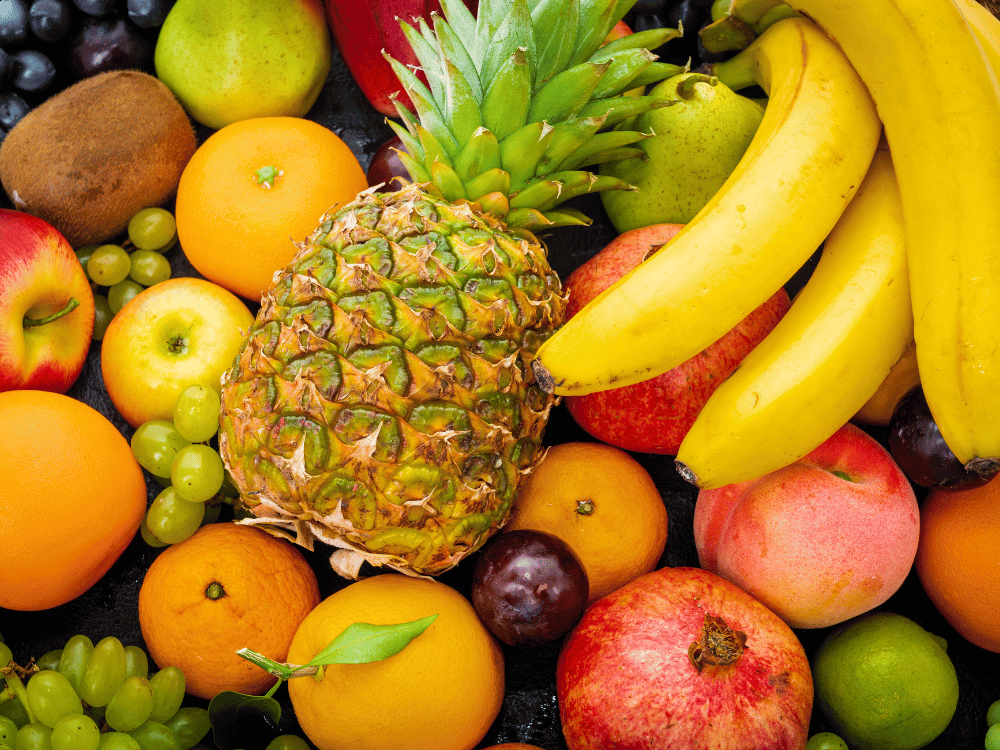
How to store organic food at home?
Storing organic food at home can be a little different than storing conventional food, because organic food usually does not contain preservatives that extend its shelf life. Here are some tips for storing organic food:
Proper storage
It is important to store organic food properly. For example, some fruits and vegetables should be stored in the refrigerator, while others should be stored at room temperature. Check the proper storage conditions for each food item.
Use the right containers.
Use airtight containers, freezer bags or plastic wrap to keep food fresh. If possible, use glass containers instead of plastic ones.
Don't mix fruits and vegetables.
Some fruits, such as apples and bananas, release ethylene gas that can speed up the ripening of other fruits and vegetables.
Reduce humidity.
Too much moisture can speed up food spoilage. Use paper towels to absorb excess moisture in containers or bags.
Pay attention to the expiration date
Organic food usually has a shorter shelf life than conventional food, so it is important to consume it on time.
Use the freezer.
Freezing is a great way to extend the shelf life of organic food. You can freeze fruits, vegetables, meat, dairy products and even some types of bread.
Use all parts of the food
Reducing waste is an important part of maintaining an organic diet. Use all parts of food, such as vegetable peels, meat bones or leftovers.
Pay attention to the temperature
The right temperature is key to storing organic food. Check that your fridge and freezer are at the right temperature.
Use the products in the order of purchase
Use the products you bought first to avoid food spoilage.
Make smaller meals.
Making smaller meals can help reduce waste and ensure you consume food while it's still fresh.
Conclusion
Switching to an organic diet can be challenging, but it's worth the effort. Organic food is better for your health and the planet. If you're thinking about switching to an organic diet, I hope these tips help you get started on your journey.
Start slowly, adapt your diet to your needs and don't be too hard on yourself. With a little planning and preparation, switching to an organic diet can be a simple and enjoyable process.
To get started, take a look at our store and find a wide range of quality organic products that can help you complete your diet.

